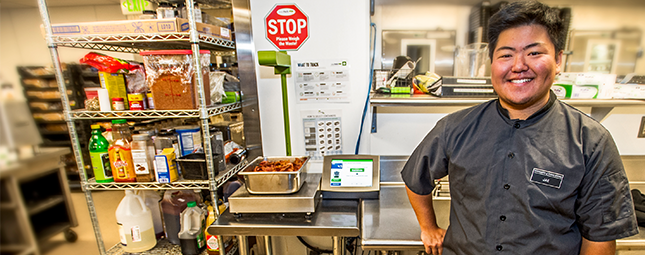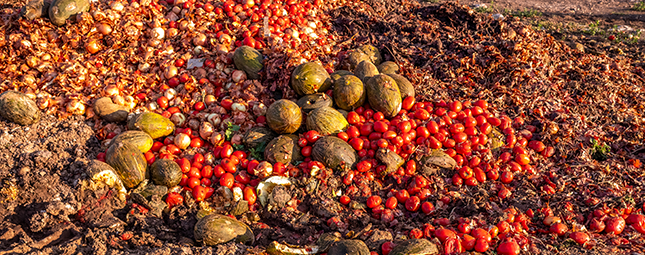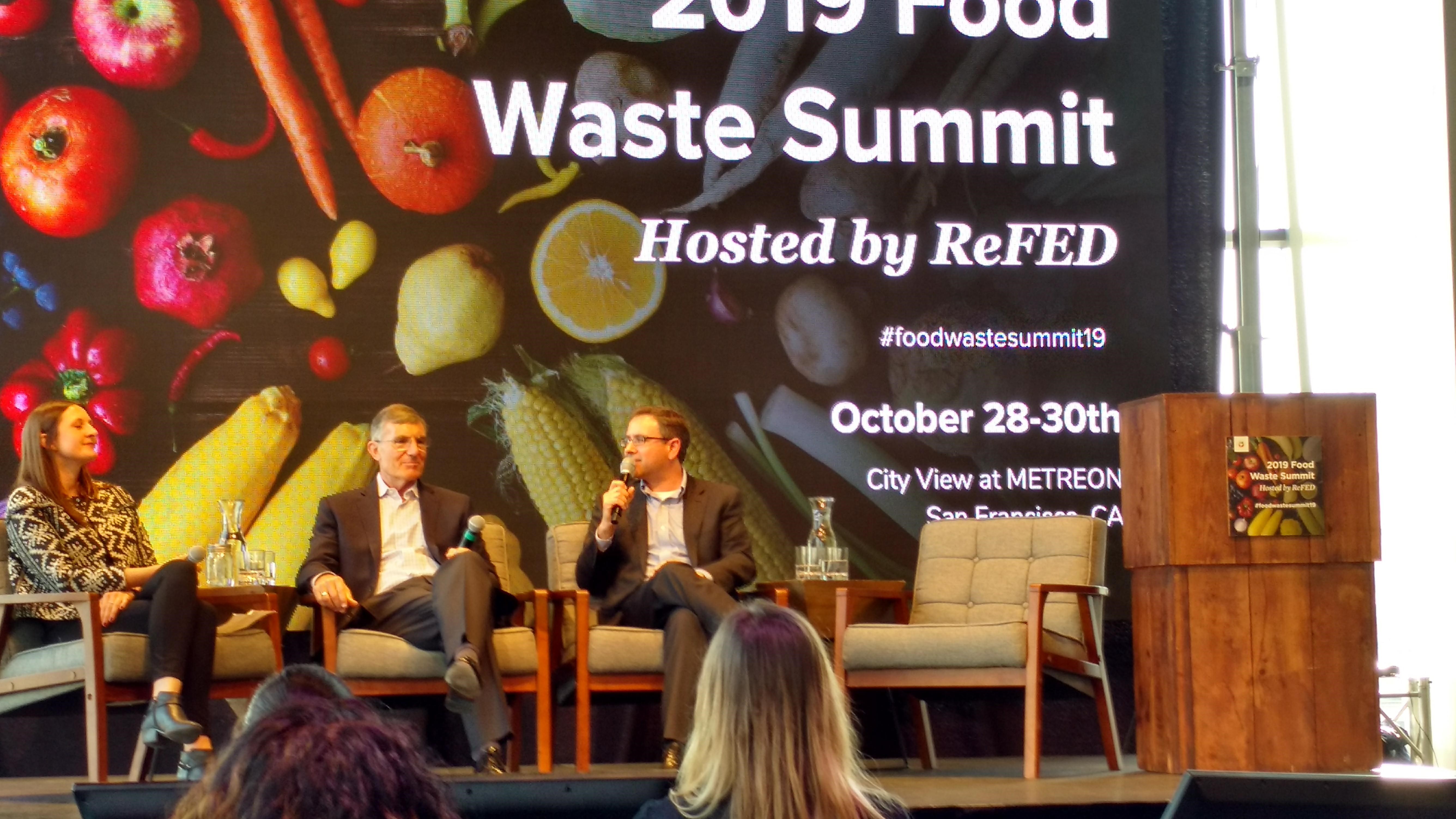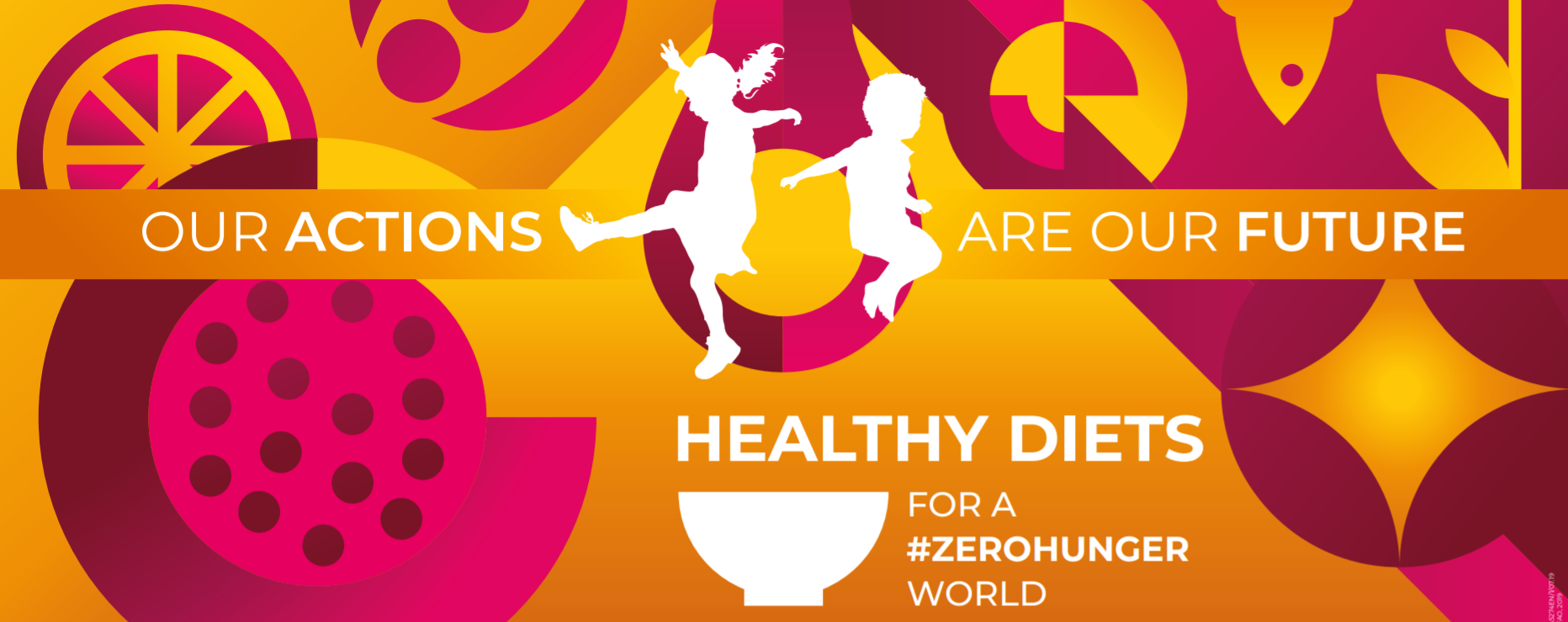Food Waste Intelligence

In order to meet the UN goal of reducing food waste by 50% by 2030 we need to accelerate adoption of food waste measurement and behavior change around the world. That means understanding the fears and concerns of companies that have the largest potential impact and responding to them with expertise. The Food Loss & Waste Protocol released a conversational whitepaper identifying top objections to measuring food waste with recommendations on how to move the conversation forward. Here is a summary of the top objections to measuring food ...
Read More >>
When it comes to greenhouse gas emissions, all food waste is not equal. Based on its GHG footprint, meat waste contributes the largest amount of emissions by weight. Waste a little bit of beef, contribute a lot of GHGs. But as a recent World Resources Institute report shows, vegetables are actually the biggest contributor to emissions behind beef and seafood, simply because of the sheer volume of vegetables wasted.
Read More >>
We’ve just returned from ReFED’s 2019 Food Waste Summit in San Francisco, where we were excited to participate with many long-time partners and colleagues on the challenge of advancing food waste reduction at scale in accordance with Target 12.3 of the Sustainable Development Goals - which calls for cutting global food waste in half by 2030.
Read More >>
Today is World Food Day – a day that we take to heart at Leanpath. Coming on the heels of Climate Week in New York City, where we spent several days engaged in energizing sessions on how to positively change the global food system with numerous partners and thought leaders from organizations such as the World Resources Institute and Champions 12.3, The Barilla Center for Food and Nutrition (BCFN), and the Future Food Institute, we’re even more energized by the importance of this day.
Read More >>
The World Food Summit, held at the Danish National Parliament, brought together experts from multiple sectors and disciplines for two days of discussions focused on the challenge of quickly transitioning to a more sustainable global food system. The need for urgent change to create a more sustainable food system is clear, and virtually all of the conference sessions effectively supported that theme. I was proud to represent Leanpath at the event.
Read More >>